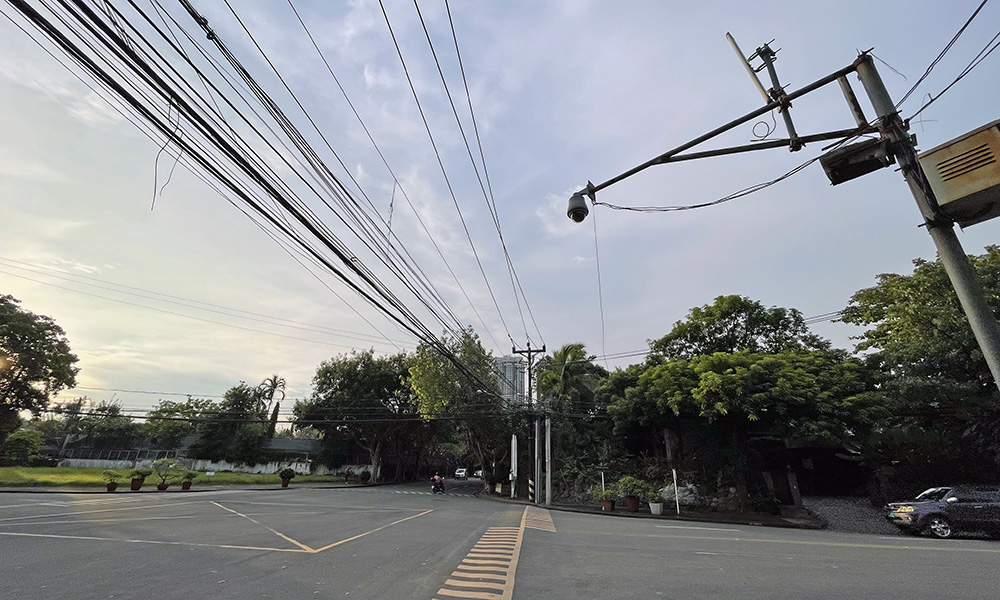
Long-suffering motorists in Metro Manila can breathe a (temporary) sigh of relief today after the Supreme Court of the Philippines issued a temporary restraining order prohibiting the implementation of no-contact apprehension.
It also restrained the Land Transportation Office from handing over the details of motorists as part of NCAP enforcement. The powers behind the controversial program won’t be too happy about this, but the general consensus seems to be that it is a step in the right direction.
When you go all Louis XIV on your citizens and claim “L’État, c’est moi” (“The State, it is I”), you’d better be totally sure that’s really the case. This could be the lesson LGUs across our metropolis are learning today.
Only a few days ago, five mayors from across the metro vowed to continue the implementation of NCAP, in spite of mounting opposition from many groups and clear evidence that the program is flawed. Now the Supreme Court put a stop to that with a few sentences that will make for pleasant reading if you’re a motorist:
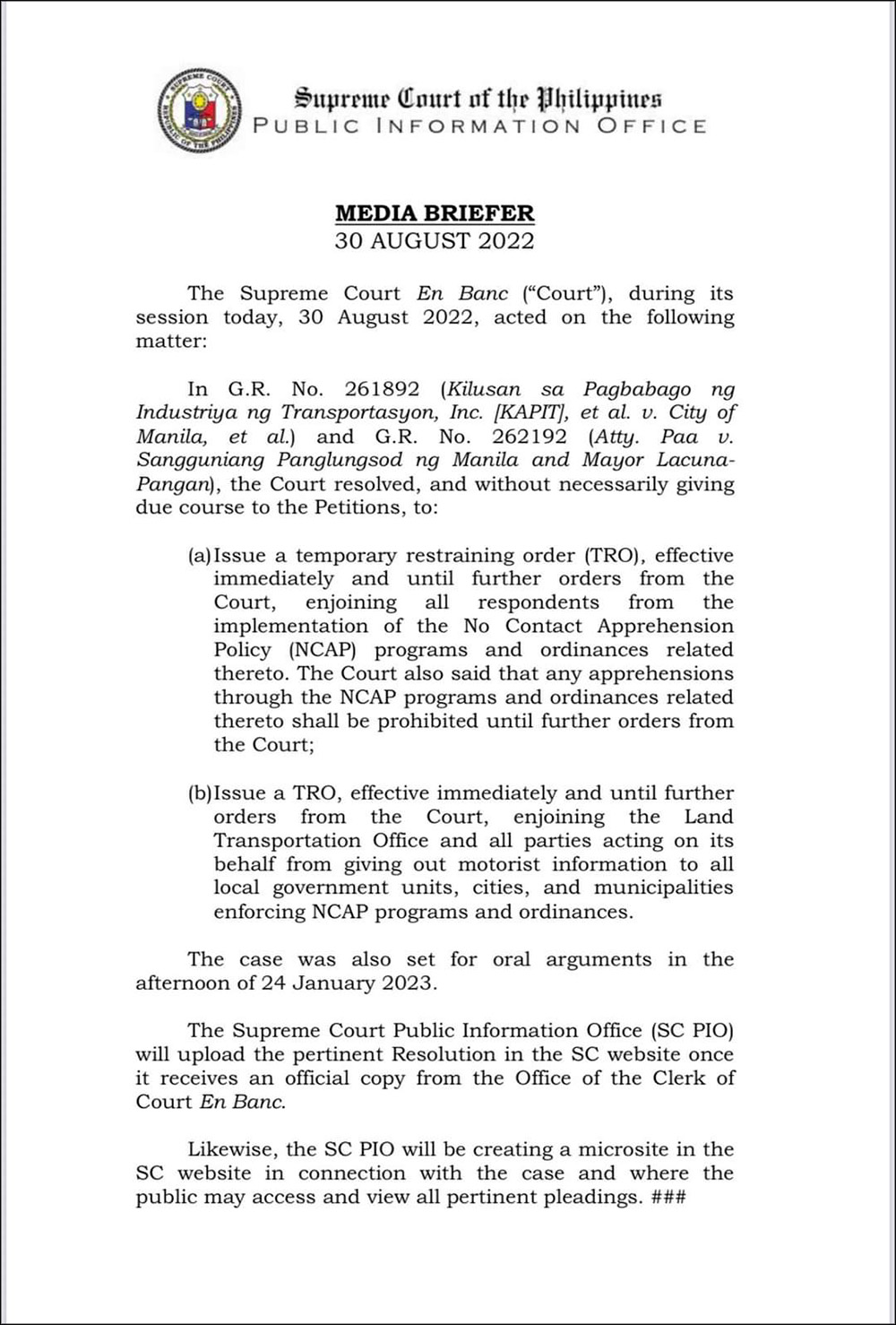
The Court has also set a date for oral arguments, and these will take place on January 24, 2023, meaning we are likely in for an NCAP-free Christmas period.
The TRO came along as the result of two separate petitions asking to nullify the controversial program based on due-process concerns. One was filed by transport groups, and the second one by a lawyer who got hit with a P20,000 fine in Manila.
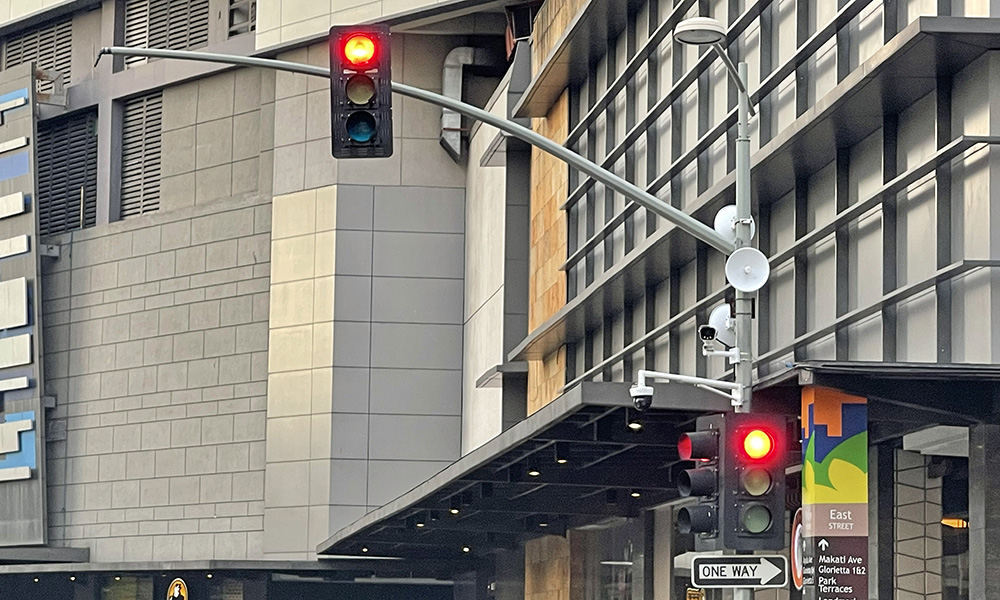
Claims that formed part of these petitions included violators not being able to contest citations properly; the program punishing the registered owner and not the driver at the time; the high amounts people can get fined with; and privacy concerns over the handling of data on NCAP websites.
While this story only just broke, two camps have already reacted to it. The Manila City Hall was quick to point out that NCAP has led to lower numbers of traffic violations and a 62% reduction in road accidents since it was implemented in 2020–although the statement also acknowledged that the court needs time to study it further.
It also looks like the folks over at the MMDA are also covered by the TRO, and have suspended their implementation of NCAP, so that means we could be looking at some major changes in how this enforcement system will be implemented. Better stock up on popcorn, as this could get interesting.

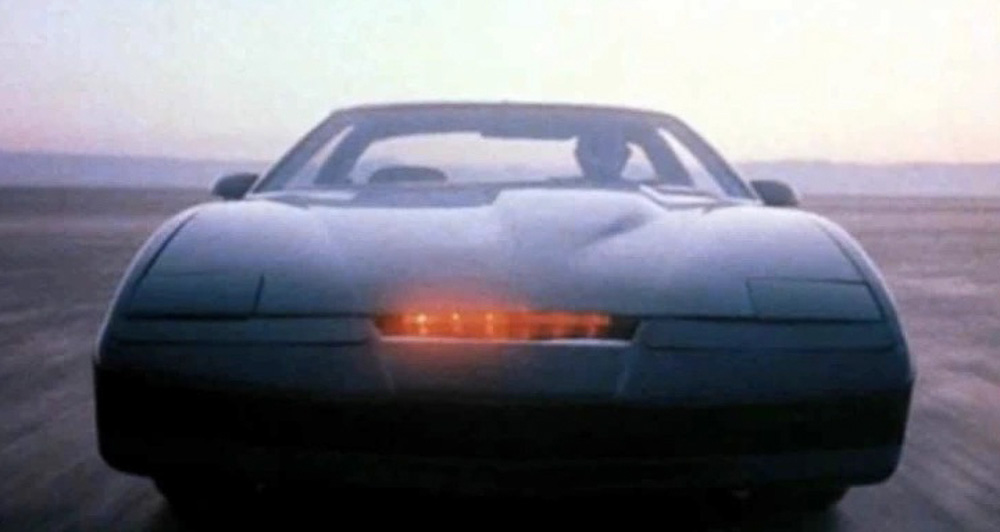
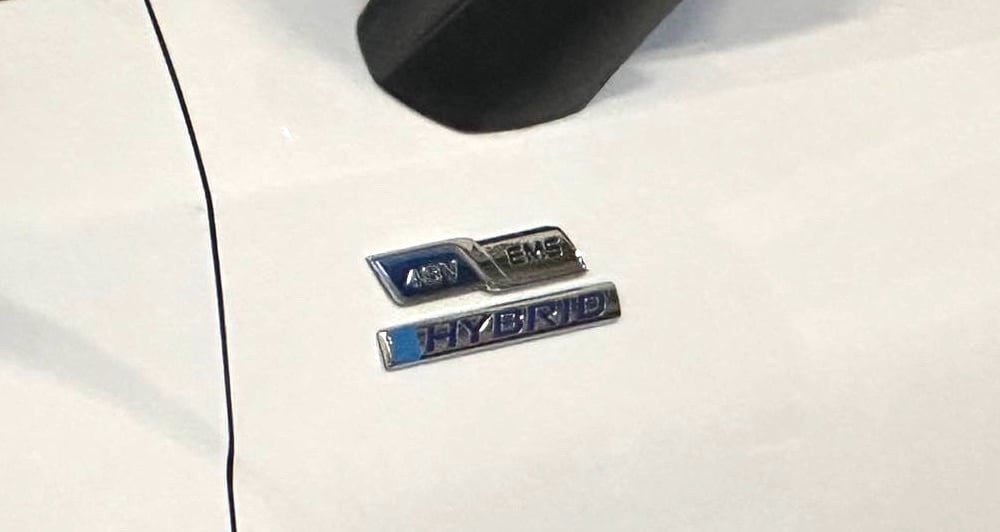
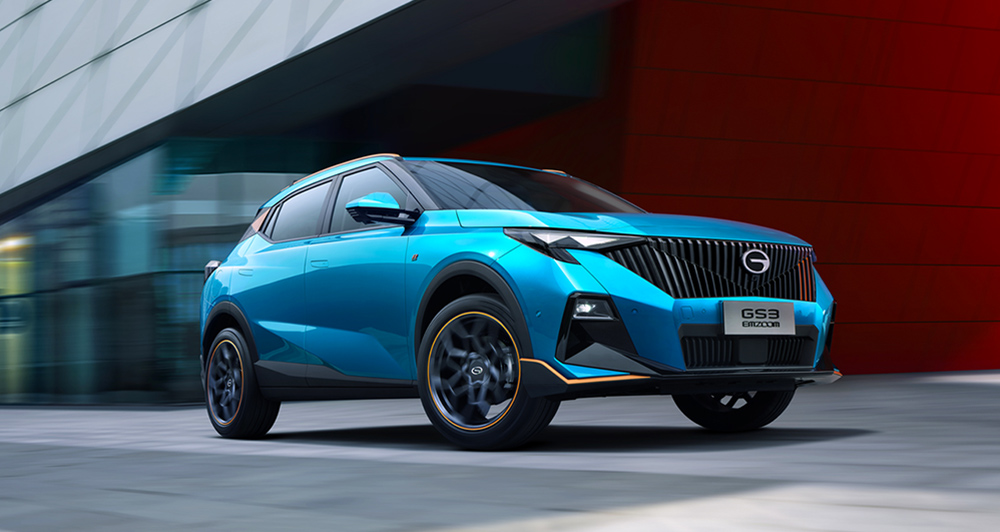
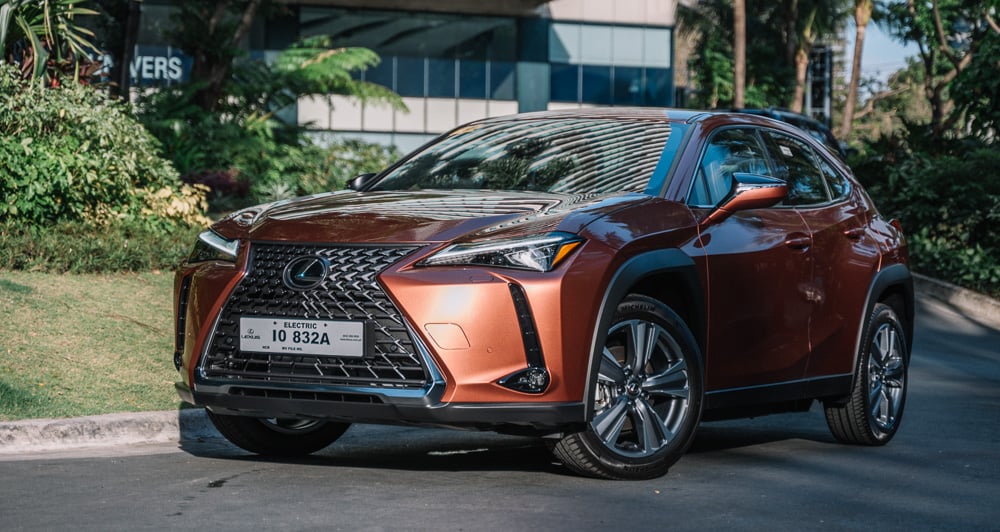




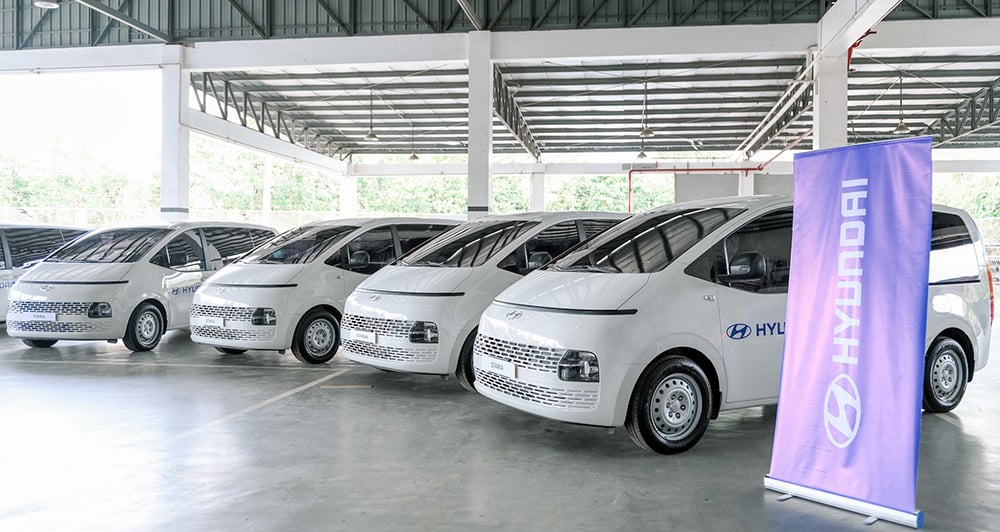

Comments